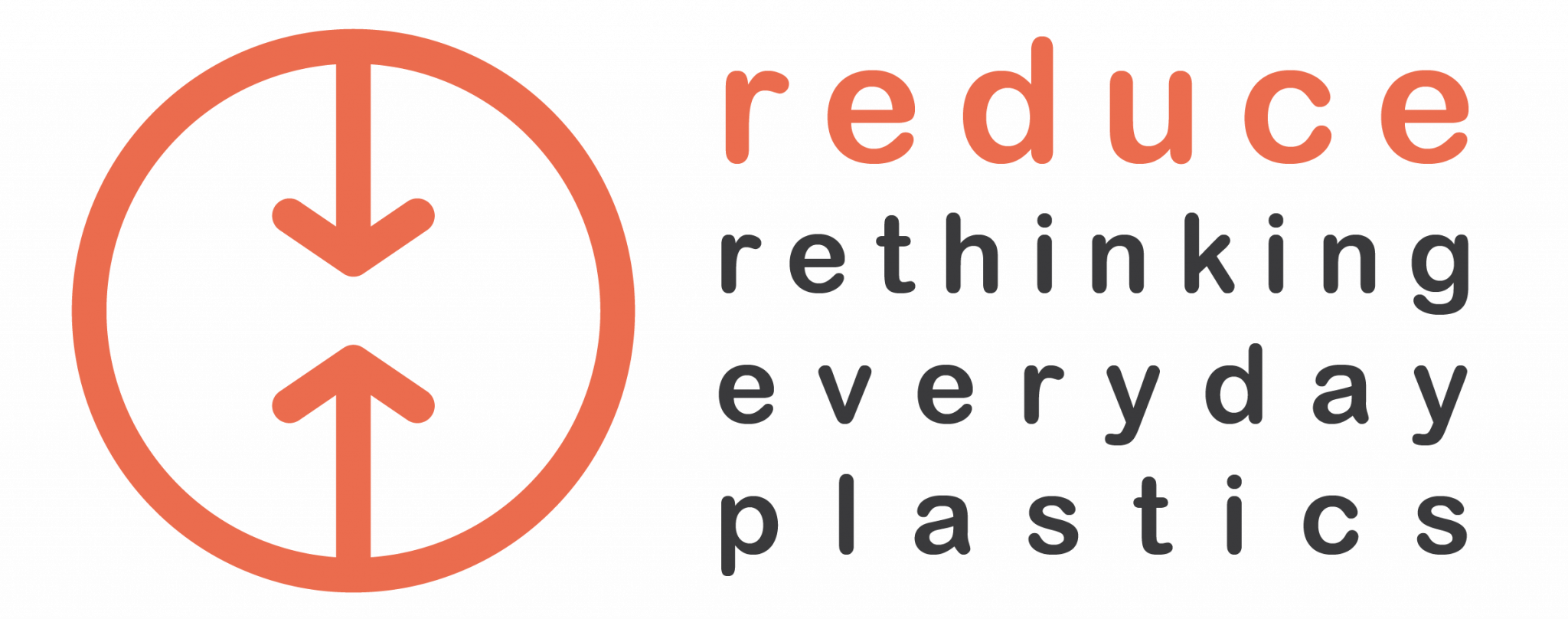- Royal Institute of Technology (KTH) - Sweden,
- University of Bristol - United Kingdom,
- The Norwegian Museum of Science and Technology - Norway,
- LOOP - Norway,
- HTS BeSafe - Norway,
- Bergans of Norway - Norway,
- ULU of Norway - Norway,
- CleanCup - Norway,
- Unikum Design - Norway,
- Norwegian Environment Agency - Norway,
- Naturvernforbundet - Norway,
- The Norwegian Trekking Association - Norway,
- BIR - Norway
Rethinking Everyday Plastics: The project REDUCE is an interdisciplinary collaboration between researchers from the fields of design, sociology and history as well as a number of companies and organizations. Together, they will look at plastic in a systems perspective and investigate how we can reduce the consumption of plastic products in everyday life. The project will focus on three consumption areas where a lot of plastic is used: hygiene products, leisure products and products related to childhood, such as toys. As is well known, the plastic we use the most is made from non-renewable carbon resources associated with large greenhouse gas emissions - namely oil. In addition, very little of the plastic we use is currently recyclable. Some plastics leak harmful chemicals and microplastics, and litter the landscape and the sea - therefore we must reduce its consumption. At the same time, plastic is a marvelous material that can be used for almost anything, shaped and colored in an infinity of possibilities. In some products, plastic is by far the most suitable material, and will continue to be so for some time to come, until we find an alternative that can match its properties. These are not the products that are focused on in REDUCE. Rather, the emphasis is on products where there already exist alternatives or where they can be developed. By looking at plastic from different perspectives related to consumers' everyday lives, political regulations and processes, and product development in business - the project aims to identify barriers and opportunities to reduce plastic consumption in the future. The project will contribute knowledge about: 1. how political framework conditions affect plastic consumption 2. how plastic products are part of consumers' everyday lives 3. how the role of plastic has developed historically and what it means for consumption today 4. innovation opportunities through (re) design of systems, products and services, future scenarios and Designerly living Labs. The project information has been extracted from the Project Bank of the Research Council of Norway.
Want to analyze based on this project via our analysis tool? Analyze this project
Knowledge Gaps
Consumer exposure
Environmental exposure
Environmental effects and ecotoxicity
Environmental risk assessment (ERA)

